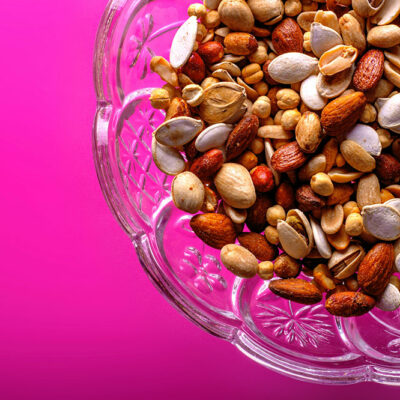
Lifestyle Changes for Depression
Feeling sad from time to time is a common part of life, but feeling hobbled on a daily basis by nagging depression may be a sign of something more profound. Depression is a state of feeling or mood marked by deep feelings of sadness, isolation, anxiety, or emptiness. Depression may feel uncontrollable and discourage you from doing activities in which you once were involved. Depression ultimately affects everybody. It can be treated and you can live a normal depression-free life.
Effectively treating depression requires doing more than taking pills and going to therapy. The more you alter your lifestyle to retain an equanimity of mind and body, the more you will be able to deal with the ordeals of depression. Here are several ways that you can enhance your lifestyle to help enhance your treatment for depression. As always, before making any alterations, check with your physician:
1. Get daily exercise
Studies have shown that exercise affects the same parts of the brain as does medications like Zoloft, Ritalin, and Prozac. If you are suffering from depression, you should engage in some form of vigorous exercise like running, swimming, elliptical exercises, or dancing to upbeat music for 30 minutes a day. You will notice a marked change in your mood. This is not just for reducing depression, it actually turns your brain on so that it operates more efficiently. Exercise is a daily permanent part of a healthy life.
2. Consume a nutritious diet
The ancient Greeks believed that the best of what we ate became our best medicine and this has been borne out by both experience and science. To combat depression, utilize the best sources of omega-3 fatty acids from herbal or plant sources, and several scholarly studies have shown how omega-3 fatty acids improve brain activity and decrease symptoms of depression. Green leafy vegetables,like kale, Swiss chard, and spinach are all rich sources of phytochemicals and vitamins known to fight brain inflammation and depression.
3. Reduce your stress
Stress can create anxiety and depression, which in turn create more stress. This can quickly become a downward spiral of deep despondency. How then, do you reduce stress? Mediation is a key component to reducing depression. Being aware of your feelings with mindfulness techniques is extremely effective in slowing the heart rate, lowering blood pressure, and eventually getting a handle on anxiety-producing thoughts.
4. Adopt healthy sleep habits
Adequate sleep may be the most important thing you can do to reduce depression in your life, aside from possibly what you eat. Getting plenty of rest is essential to keeping your brain from becoming sluggish and effete. If you are having trouble getting to sleep, then create a predictable routine. Go through the same pre-bedtime ritual each night. Typically you should have a technology-free period of time (around 30 minutes) before getting in your bed. Add to that, a warm bath or hot shower using lavender or possibly a quiet tea time, using chamomile tea as you do some light reading.
5. Try supplements
Sometimes, you may need to supplement your diet in order to maintain a body and mind that is depression-free. Melatonin is a chemical created by the body to stimulate its sleep rhythms and induce sleep. Depressed or anxiety-plagued individuals will often have trouble secreting this substance. You can buy melatonin to assist you in getting to sleep. Try small doses first. If you see it working, discontinue and see if you can get to sleep without it. You do not want to become dependent upon any substance. Other supplements that you can take are St. John’s Wort, Omega 3-fatty acids, zinc, and folate acid. St. John’s Wort has been known to be especially effective.
6. Avoid drug and alcohol usage
There are strong links between alcoholism, drug abuse, and depression. If you find yourself reaching for a drink or a controlled substance every time a problem crops up in your life, that may be an indicator that you are struggling with addiction. Dependency on controlled substances and alcohol can lead to depression. If you think this might even remotely be a possibility, get help as soon as possible. Talking with a trusted counselor or professional may be the most important thing you have ever done for your mind and body health.


